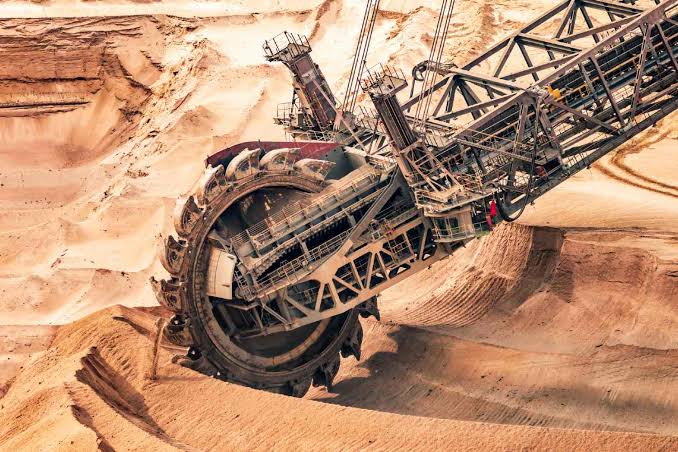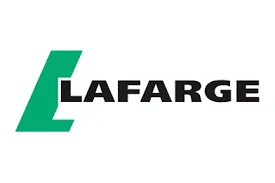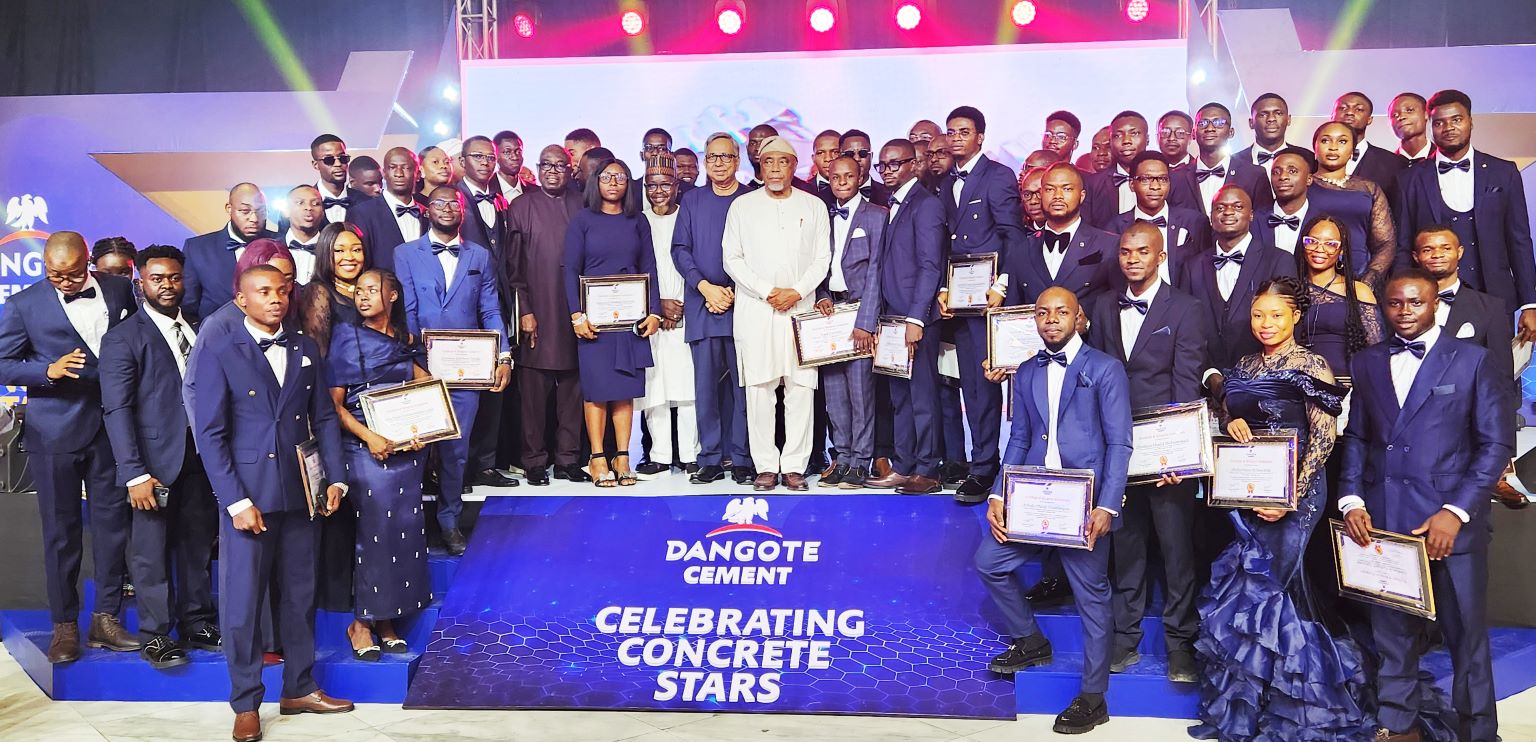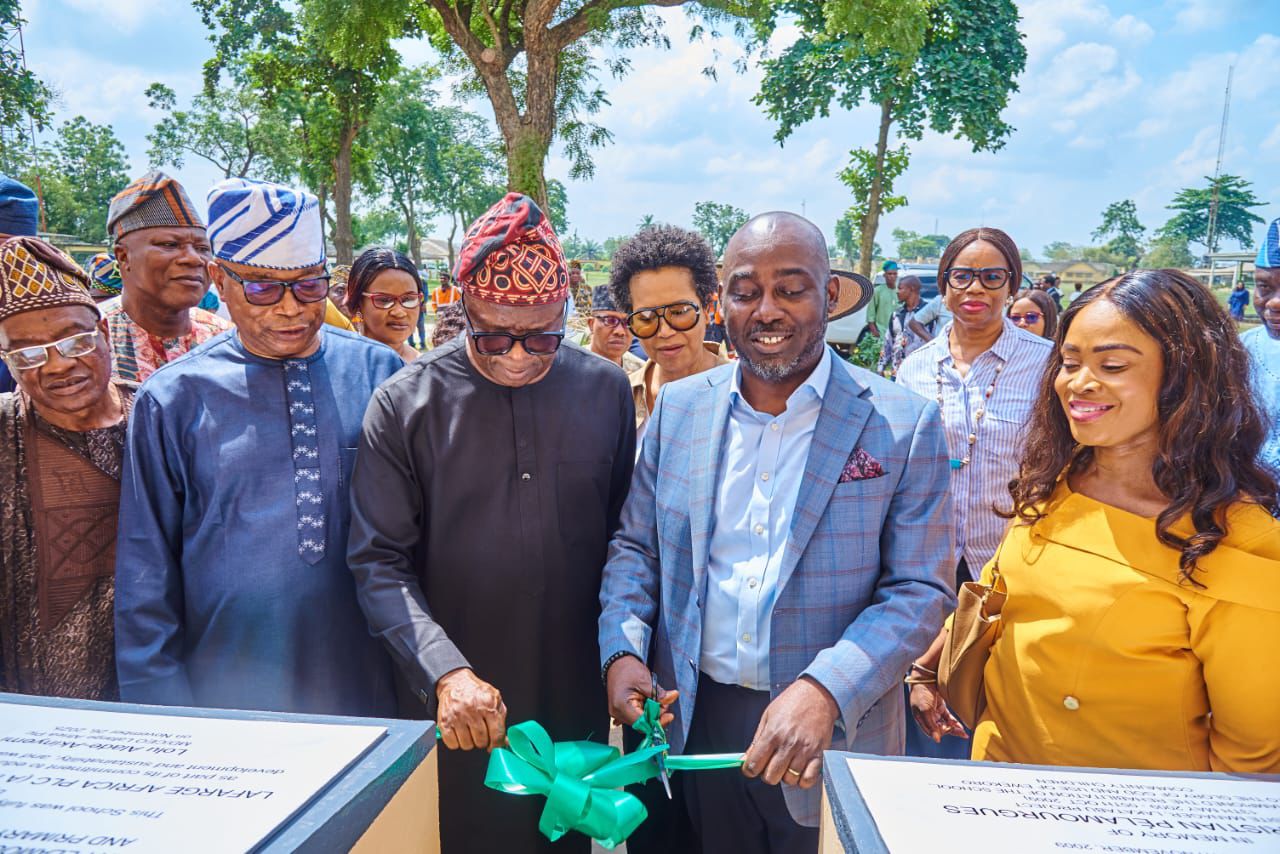From Extraction To Value Addition: Enhancing Africa’s Critical Minerals Value Chain

Africa’s mineral industry is the largest in the world and, for many countries on the continent, constitutes significant parts of their economies.
However, for the continent’s mineral resources to translate to economic wealth, the critical mineral value chain needs to be enhanced, with regulatory policies and reforms, advancements in processing and refining capacity and heightened investment in exploration serving as key solutions.
Strengthening Investment in Mineral E&P
The World Bank has forecast that the production of critical minerals will need to increase by approximately 500% by 2050 to meet the rise in global demand and allow the world to avoid the worst impacts of climate change. As such, Africa’s resources are well-positioned to play a crucial role, thus allowing the continent to strengthen its position in green technology value chains.
Almost every African country is rich with either one or more critical minerals. Guinea, for example, is home to the world’s largest bauxite reserves while Gabon is the second largest producer of manganese. The Democratic Republic of the Congo (DRC) hosts over 70% of the world’s cobalt production, with Namibia serving as the world’s leading exporter of uranium ore. Meanwhile, Mozambique and Zimbabwe are the world’s third largest producers of graphite and chromium ore, respectively, while Zambia serves as the largest exporter of unrefined copper and South Africa accounts for the majority of platinum group metal (PGM) reserves, of which over 90% are situated in Africa.
However, significant levels of investment are required to maximize the full potential of these resources. Stepping into this picture, events such as the upcoming African Critical Minerals Summit will connect potential investors with African producing countries, ensuring the continent takes its rightful place as a globally leading critical mineral supplier.

Aligning Policy with Industrialization Efforts
Meanwhile, as investment in African minerals increases, Africa’s policymakers will need to navigate ever-increasing geopolitical competition while supporting domestic industries to ensure that value is captured within the continent. In order to maximize value creation, on a regulatory side, African governments will need to develop comprehensive policies, manage environmental risks, and ensure a favorable investment environment for the private sector to participate in the development of efficient critical minerals extraction and processing.
The challenge, however, is that a limited amount of Africa’s critical minerals is processed on the continent. As such, multilateral development finance institution, the African Development Bank, has sought solutions towards overcoming value chain challenges through the development of a critical minerals strategy that includes securing a necessary skills base, ensuring reliable electricity supply, and improving the investment climate on the continent.
Recently, Zimbabwe has also made strides to reduce unprocessed exports through a law banning the exports of unrefined lithium. The move represents part of wider efforts by the government to stimulate growth across the domestic mineral value chain. Additionally, Regional value chain development, such as Zambia and the DRC’s 2022 agreement for the joint development of electric battery manufacturing capacity, for example, could serve to strengthen Africa’s position within the critical mineral value chain.
In order for the continent’s natural resource wealth to translate into industrialization and development, countries endowed with vast deposits of critical minerals will need to develop a sound governance environment that targets processing minerals in-country for consumption in domestic and/or regional markets. As such, transparency of contracts, strong labor rights, and environmental sustainability will be key towards maximizing the opportunity afforded by enhancing the continent’s critical minerals value chain, which is poised to translate into value addition, job creation, local content development, and an equitable knowledge transfer.
Increased investment, regulatory reforms and focus placed on stimulating the development and enhancement of the mineral value chain represent key steps towards consolidating Africa’s position as a globally leading critical mineral supplier. All this and more will be unpacked during Energy Capital & Power’s African Critical Minerals Summit. Sponsors, exhibitors and delegates can learn more by contacting conference director James Chester at +27606754850 or james@energycapitalpower.













